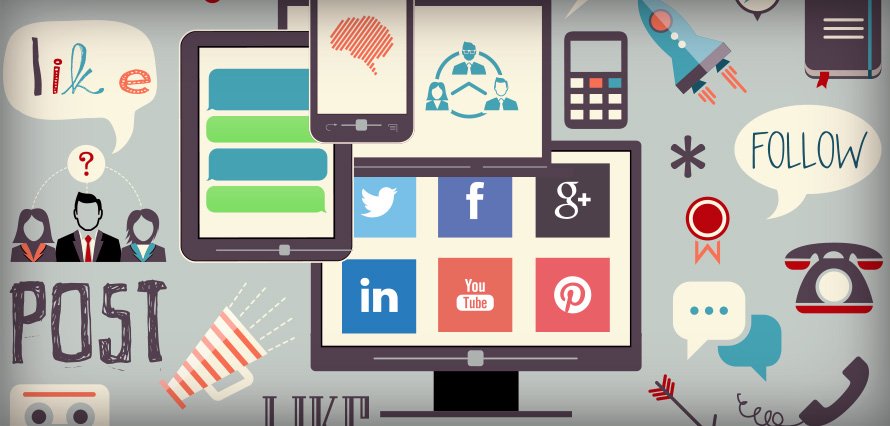April 16, 2015
 Are private messenger platforms due an overhaul? The latest trends suggest that brands are looking to leverage their customer interaction with product information, advice and sheer selling. Is private no longer private, as the messages get commercial?
Are private messenger platforms due an overhaul? The latest trends suggest that brands are looking to leverage their customer interaction with product information, advice and sheer selling. Is private no longer private, as the messages get commercial?
Private messaging has been around for yonks. In the late 1980s the arrival of Compuserve pretty much nailed the idea, only it was a bit slow and clunky and built without attractive design or features. The earliest form of messenger used between data and news agency Reuters and its clients was in fact based entirely on the Microsoft Windows Messenger way back in 2001, as this writer will attest.
Since then, messenger platforms have gone portable on phones and tablets. Now there is a proliferation which includes platforms like Facebook Messenger, Viber, Bloomberg Messenger, Snapchat and the ubiquitous WhatsApp. In regions like Asia there are further popular varieties of platforms like Line, Sina Weibo and WeChat.
But what if we were to see the arrival of less-private messaging? How about adding advertising right into the content area, not just as a strapline banner above or below the activated App screen?
Given that social media platforms like Facebook allow sponsored posts delivered to your timeline, it is only a matter of time before it happens in messengers too, right? Well it already is. Advertisers have toyed with the idea of using practical and engaging methods rather than showering people’s private chats with slogans and must-buy teasers.
One example is the sexual health debate by the Durex brand on WeChat, which allowed users to ask intimate questions about an otherwise no-no topic in China.
Just last month, Facebook announced it will offer third-party Apps for creating and sharing content, and new ways to communicate with businesses. Initially, Facebook will focus on how third parties can build ways for content and information to flow through its own Messenger service. Depending on the success of the early experiments, Facebook may then mull bringing more utilities to Facebook Messenger.
From the start, WhatsApp has declared its intention not to allow advertising onto its platform. But with new owner Facebook, is that still a taboo?
Intrusive? Maybe, but here’s why it might just succeed. People love the convenience and often cost-free nature of messaging. It’s already become a hit in fast-democratising Myanmar, where those aged around 20 years all have smartphones and tap away in chatrooms while on the bus, in shops and parks, and on the streets.
With loads of Gigabytes on offer from mobile phone companies, smartphone users are fast picking up the knack of sending a one-to-one message and even companies are using it for group messages and interaction. So people are hooked and mobile phone companies are offering unlimited call and text bundles in their domestic market – while consumers are already ahead texting and even phoning abroad for free via the internet with greatly improved Voice Over Internet Protocol messengers like Skype and since recently WhatsApp.
Just as many have dreaded the prospect of mobile phones working in London’s metro – already possible via messengers and VOIP on the wifi in underground stations – so now the reality of messages pinpointing you while you are focused on a message, and possibly sending you a GPS-led sales promotion as you walk past a specific shop, are within sight. So do you still want to press the “send” button?